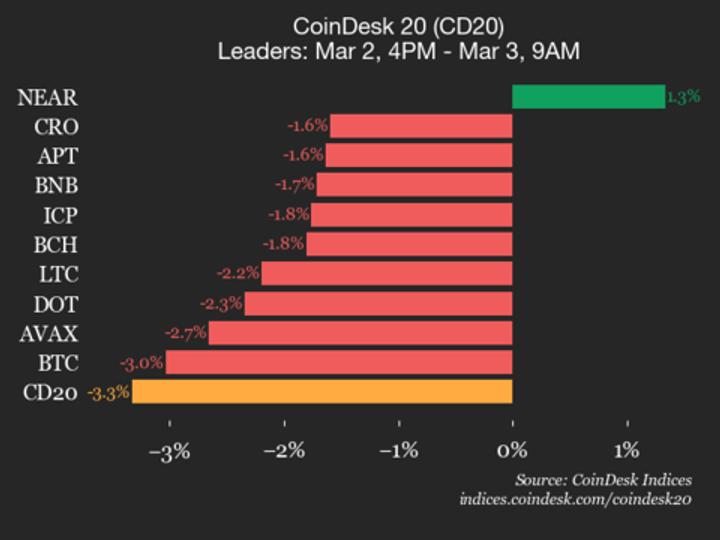
Image source: Getty Images
Passive income — earning money from doing very little — is a great way of saving. And buying dividend shares is one of the most popular ways of building a nest egg for later in life, or to help set aside cash for a rainy day.
But it can sometimes be bewildering deciding which stocks to buy. Personally, I like to invest in the largest listed companies. Their strong reputations and global reach means they can be highly profitable. As a result, they tend to pay the biggest dividends. And generally speaking, their earnings are more reliable, making their payouts more predictable.
An example
One of the best passive income shares around at the moment is Legal & General (LSE:LGEN), the pensions, life insurance and asset management group.
For 2024, it declared a dividend of 21.36p. Based on its current (11 July) share price of 252p, it means the stock’s yielding 8.5%. This makes it the second-highest-yielding share on the FTSE 100, where the average is 3.5%. It also comfortably beats anything that could be earned on a high-interest savings account.
And if it was able to maintain its payout at this level, anyone buying one of the group’s shares today would get their money back in just under 12 years.
But if the income was reinvested buying more of the company’s shares, the payback period would fall further.
Caution!
However, for two reasons, this type of analysis is a little simplistic. Firstly, dividends are never guaranteed. Should Legal & General’s earnings come under pressure then one of the first things likely to be cut will be payments to shareholders.
However, the group has a better record than most when it comes to maintaining its dividend. It was last cut during the 2008-2009 financial crisis and it kept it unchanged during one year of the pandemic. The company’s pledged to increase its payout by 2% per annum from 2025-2027.
The second reason why these numbers must be be treated with caution is that the group’s share price could fall. Of course, it could also go up.
But there’s little point receiving generous dividends if the underlying value of the shares is being constantly eroded. Unfortunately, nobody can see into the future. However, over the past five years, Legal & General’s been a steady performer. Its shares are now changing hands for 14% more than they were in July 2020.
Strong prospects
Personally, I think the company’s well placed to benefit from an ageing population and the likelihood of the state retirement age continuing to rise.
But its investments are sensitive to wider macroeconomic conditions. And a sustained downturn in global equities or the bond markets will impact its earnings. It also faces intense competition from some household names as well as some challenger brands.
However, it has a strong pipeline of potential new business. It’s also been around since 1836. Over the past 179 years, it’s come through plenty of difficult times, including financial crises and wars.
In addition, it has a strong balance sheet holding more than twice the level of reserves needed to comply with regulatory requirements. But it’s the group’s generous dividend — supplemented by a share buyback programme — that sets itself apart from most of its peers. Overall, I think it’s one of the best FTSE 100 stocks to consider.









